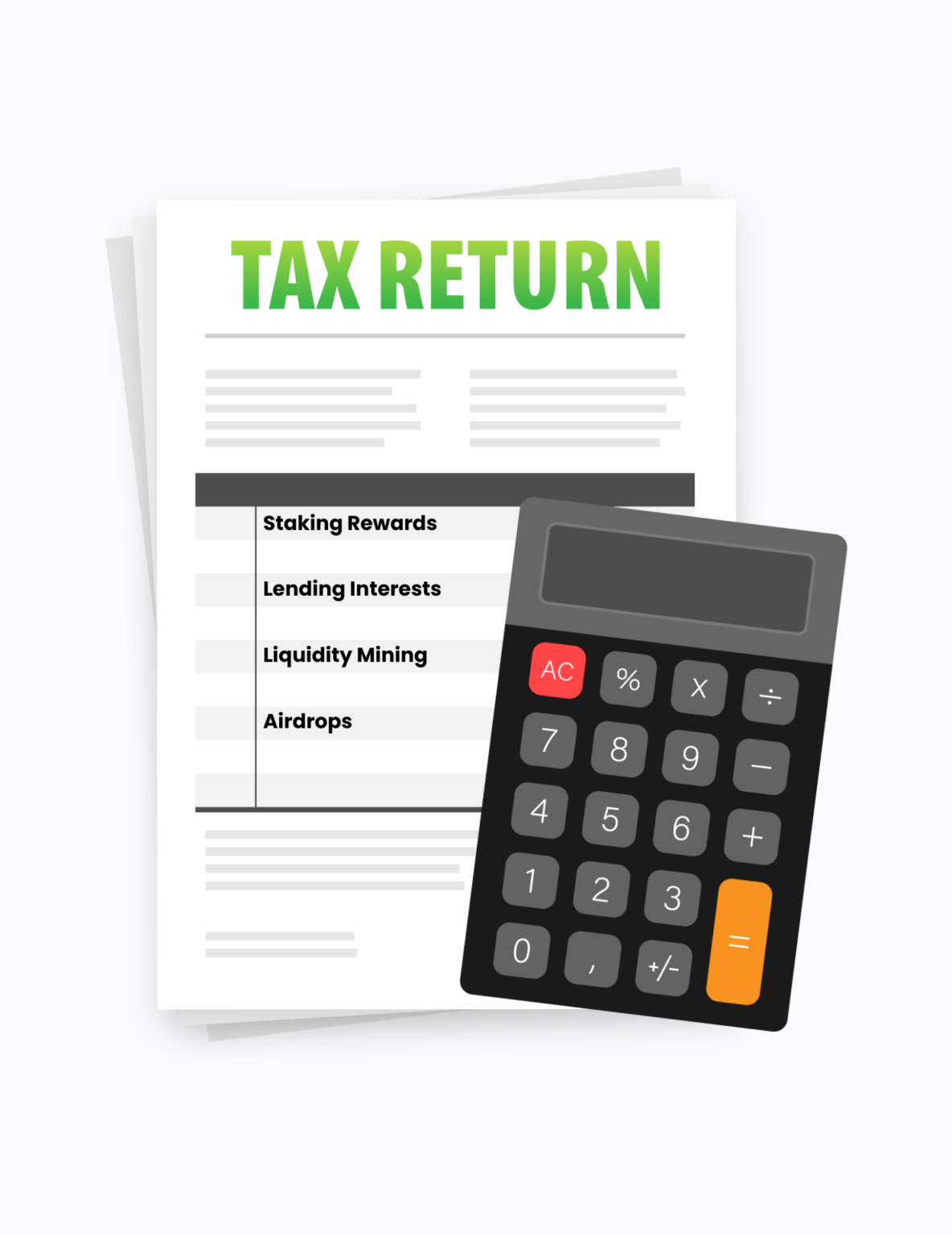DeFi tax reporting can be a complex topic, especially with the lack of specific guidelines in many countries. However, understanding the basics of DeFi transactions and their tax implications is crucial for accurate reporting. In this guide, we will delve into the underlying tax mechanics of DeFi and explore the tax implications of common DeFi activities.
What is DeFi?
DeFi, short for Decentralized Finance, is a revolutionary financial system that operates without traditional intermediaries like banks. Instead, it leverages blockchain technology and smart contracts on platforms such as Ethereum and Solana to enable peer-to-peer transactions. DeFi offers a wide range of financial services, including lending, borrowing, trading, and earning interest, all without the need for a central authority.
Common Taxable DeFi Transactions
When it comes to taxes, DeFi activities can become intricate. Here are some of the most common DeFi transactions and their tax implications:
Staking and Yield Farming: Staking involves locking up cryptocurrency in a blockchain network to support its operations and earning rewards in return. These rewards are typically considered taxable income and are subject to regular income tax rates.
Trading Crypto: Trading cryptocurrencies on decentralized exchanges is a taxable event. Capital gains tax applies to the profits made from selling or exchanging cryptocurrencies, based on the price difference between the purchase and sale.
Lending and Borrowing: In DeFi, you can earn interest by lending your crypto assets or borrow against your holdings. Interest earned from lending is taxable income, while borrowing itself is not usually a taxable event unless the collateral is sold.
Airdrops and Forks: Airdrops distribute free tokens to users, while forks create new cryptocurrencies from existing ones. Income from airdrops and forks is typically considered taxable income, based on the fair market value of the received tokens at the time of receipt.
DeFi Taxes in Different Countries
Tax authorities worldwide are increasingly focusing on crypto transactions, including DeFi activities. Here is a brief overview of tax regulations in major jurisdictions:
- United States: The IRS treats crypto as property, with taxable events including trading, spending, and earning rewards from DeFi activities.
- European Union: Tax treatment varies by country, but generally, income from DeFi activities is taxable, and capital gains tax applies to trading.
- United Kingdom: HMRC considers crypto as property, with income from DeFi activities subject to taxation.
- Canada: The CRA views crypto as commodities, with income from DeFi likely considered taxable income.
- Australia: The ATO treats crypto as property, with income from DeFi activities taxable and capital gains tax applicable to trading.
How to Track and Report DeFi Transactions
Accurate tracking of transactions is essential for proper DeFi tax reporting. Here are some best practices:
- Use a crypto tax tool to simplify tracking and reporting.
- Review imported data for accuracy and categorize transactions by type.
- Consult a tax professional for complex DeFi activities or large sums of money.
In conclusion, understanding the tax implications of DeFi transactions and staying compliant with tax regulations is crucial for all crypto enthusiasts. By keeping detailed records and utilizing crypto tax tools, you can ensure accurate tax reporting for your DeFi activities.

